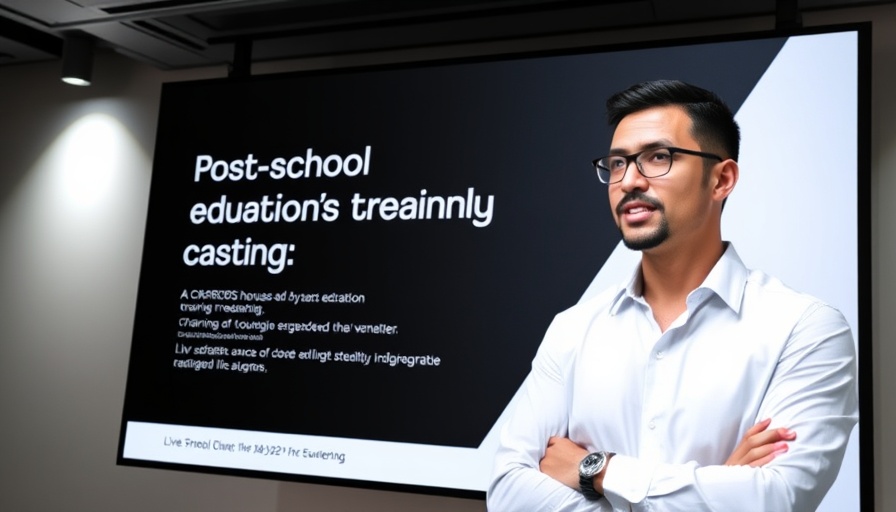
Racism Resurfaces in South African Schools
The recent incident at Duineveld High School in Upington has triggered intense discussions regarding accountability and racism in South African education. The Economic Freedom Fighters (EFF) in the Northern Cape has called for strong actions following a distressing 'blackface' incident involving a teacher at the school, underscoring the urgent need for accountability in institutions entrusted with educating the next generation.
Investigating the Incident: A Call for Justice
As the Northern Cape Education Department initiates an investigation into the matter, a preliminary report is expected to reveal details surrounding the incident, which has evoked painful memories of racial dehumanization. EFF provincial leader, Shadrack Tlhaole, insists that racism should not be tolerated in any form within South Africa’s schools. He emphasized the importance of not closing the school but instead taking a firm stance against racism, urging the Department of Education and political leaders to foster an environment that emphasizes accountability and integrity.
The Broader Context: Education and Racism in South Africa
This incident is not an isolated case but rather a continuation of systemic challenges facing education in South Africa. Schools must serve not only as places of learning but also as sanctuaries that nurture mutual respect, understanding, and tolerance among diverse populations. The EFF’s response illuminates a critical issue at the heart of South Africa’s post-apartheid struggle for racial reconciliation and socio-political equity.
Political Implications: A Snapshot of Stakeholder Responses
The scandal comes at a sensitive time, with the backdrop of political realignment as South Africa approaches the 2024 general elections. With opposition parties like the Democratic Alliance (DA) and others extending their concerns over governance and service delivery, incidents such as the one at Duineveld High may become central to broader electoral narratives. This controversy highlights the decisive role educational institutions play in shaping societal values and the critical need for effective policies that address racial issues and promote inclusivity.
Actionable Insights: What Can Be Done?
This situation calls for a multi-faceted approach to combat racism in schools, including revised educational curricula that promote empathy and understanding across cultural divides. Institutions should implement anti-racism policies and facilitate community engagement programs that draw upon the principles of restorative justice. Additionally, educators need resources and support to address these issues proactively rather than reactively.
Empowering Future Generations: The Role of the EFF
Through their vigorous response, the EFF aims to empower marginalized voices and highlight the importance of racial sensitivity in educational practices. In advocating for accountability, they are not just responding to one incident but are working toward a comprehensive reformation of educational accountability and racial equity within the educational framework of South Africa.
Public Sentiment: A Need for Collective Action
As South Africans react to the events unfolding at Duineveld High, there is a growing sentiment that collective action is necessary to eradicate racism and foster inclusiveness. Social media platforms have been inundated with responses expressing outrage, and calls for tangible solutions have emerged from various community organizations and individuals alike.
Looking Forward: The Path to Accountability
The unfolding investigations at Duineveld High School encapsulate a crucial moment in South Africa's ongoing fight against racism. The outcome will be pivotal not only for those directly involved but will resonate throughout the educational landscape. As the nation engages in dialogue around accountability, it is imperative to leverage this moment to advocate for comprehensive reforms that ensure sensitivity and awareness, ultimately paving the way for a better future.
 Add Row
Add Row  Add
Add 




Write A Comment